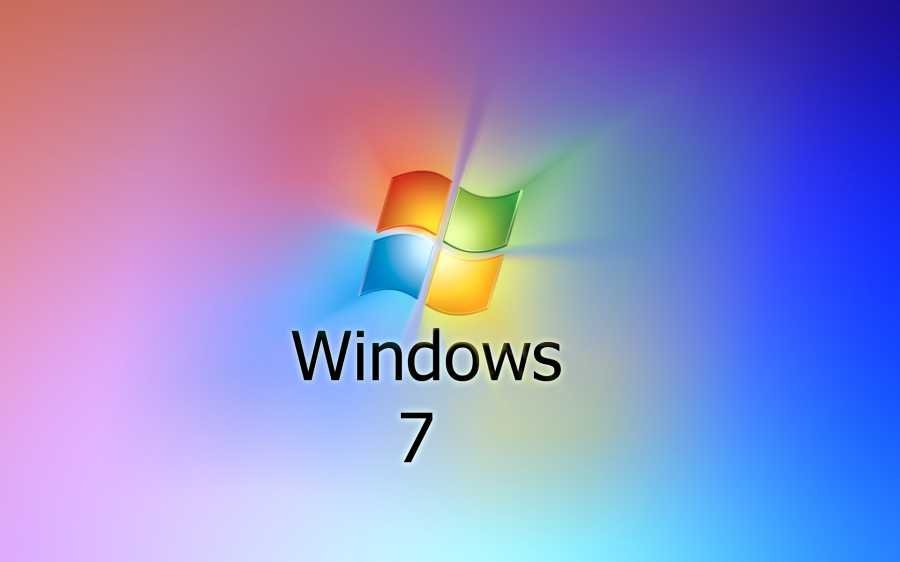Yesterday, January 14, 2019 was a landmark day for the popular operating system of Microsoft, Windows 7. After exactly one year, on January 14, 2020, the company will stop supporting with security updates the operating system.
This is of course what Microsoft and its developers are expecting, as current users of Windows 7 will have to upgrade to the firmware that the company has long been promoting: Windows 10.

Από την άλλη, πολλοί είναι αυτοί που αρνούνται να αναβαθμίσουν το σύστημα τους στο νέο μοντέλο Windows as a service της Microsoft, καθώς όπως δείχνουν τα πράγματα δεν λειτουργεί και τόσο καλά, για όλα τα συστήματα, ειδικά αυτά που χρησιμοποιούν oldest hardware.
Windows 7 was a huge success for Microsoft, as was Windows XP. Anyone familiar with the history of the company's operating systems will remember the failure of Vista, but also the refusal adoption of Windows 8.
But the popularity of Windows 7 was huge. A few days ago, according to Net Applications analytics, Windows 10 managed to outperform users running Windows 7 systems.
Even today, one year before end of support, Windows 7 is still installed at 42,8 percent of Windows-based computers running the world.
Naturally, Microsoft will begin to alert users of the popular OS to upgrade to Windows 10 as the support expiration date approaches.
Here we should mention, that only the free support stops. After January 14, 2020, Microsoft will continue to provide security updates for another three years, at Companies who pay a price, which will continue to increase every year.
________________
- Matrix PowerWatch 2 charging with body temperature!
- Megabit and Megabyte: What you need to know
- Microsoft apps fail! Google: the solution with a Chrome upgrade





